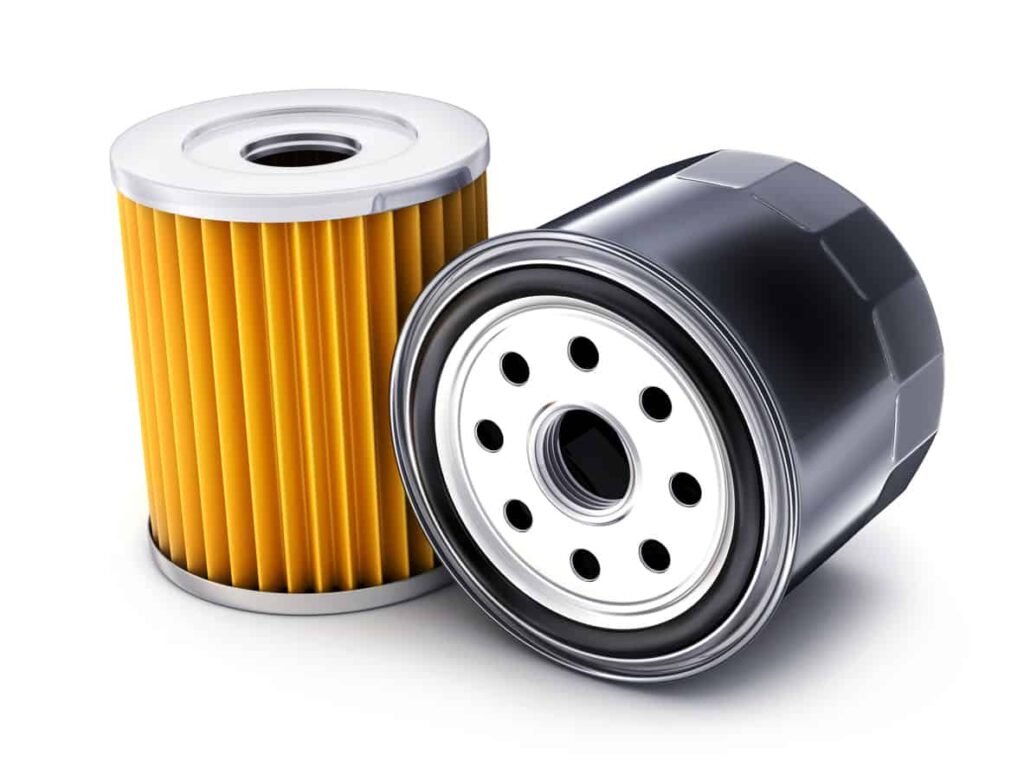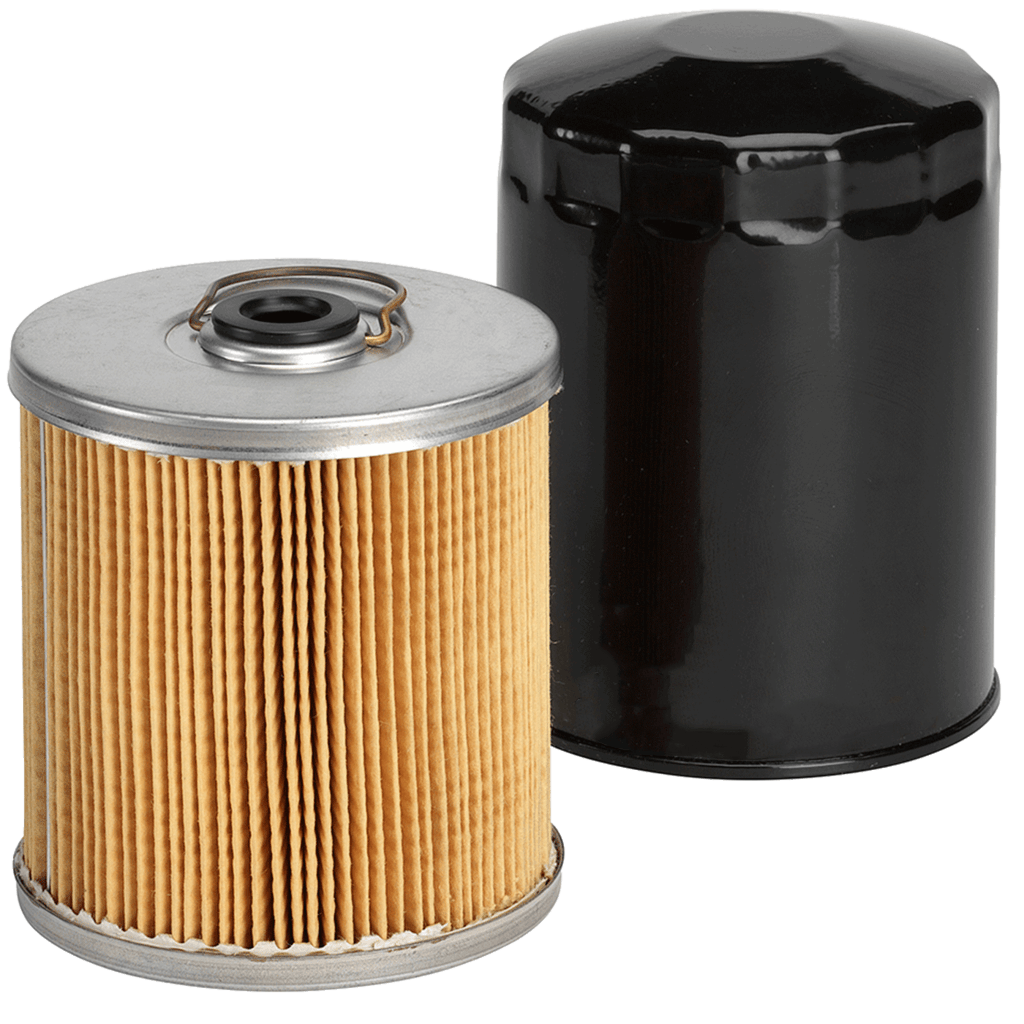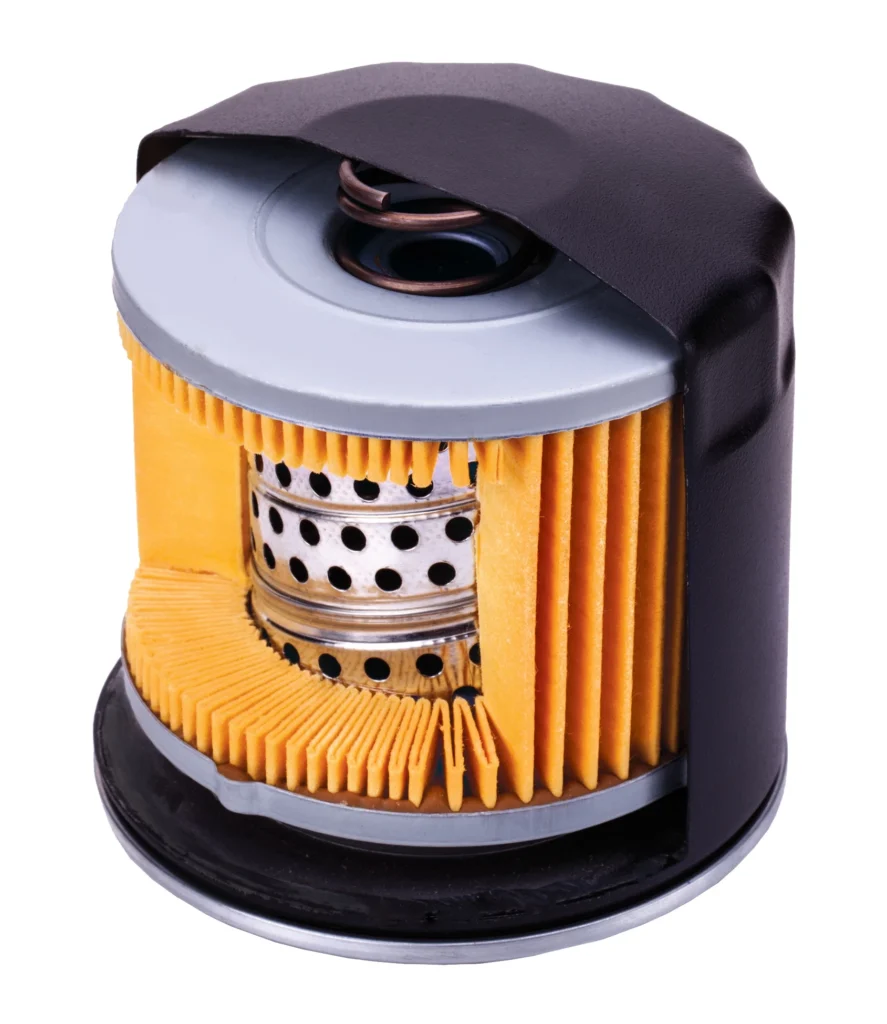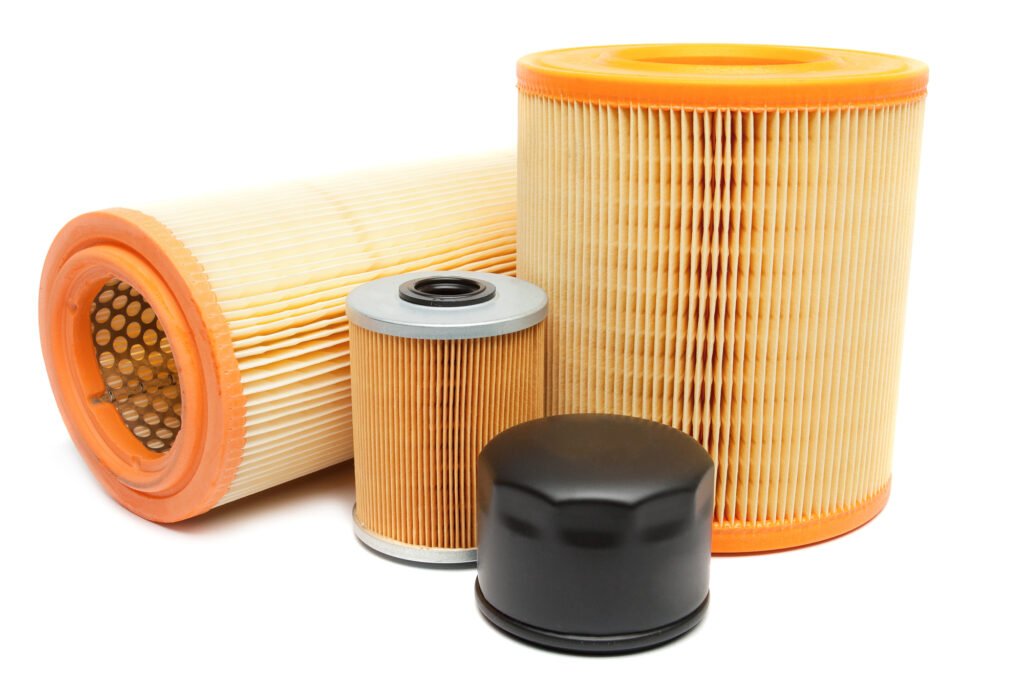Cart is empty!
Please add some product!
Shopping cart
Cart is empty!
Please add some product!

Maintaining your vehicle involves paying attention to several key components, one of which is the engine filter. Although it might seem like a minor part, a dirty or clogged filter can significantly impact your engine’s overall efficiency, causing reduced performance, increased fuel consumption, and even potential engine damage. This comprehensive guide will explain how a dirty filter can affect your engine, the importance of regular maintenance, and practical tips to keep your vehicle in top shape.
Before understanding the impact of a dirty engine filter, it’s crucial to know its function. The filtration system is responsible for removing contaminants, such as dirt, metal particles, and debris, from the engine oil. This ensures that the oil remains clean and effective in lubricating various engine components, reducing friction and wear. When the filter becomes clogged, it can no longer keep the oil clean, leading to a range of issues.

Being aware of the signs that your filtration system needs attention can save you from costly repairs. Here are some common indicators:

Checking your engine filter is relatively simple and can help ensure your engine remains in good condition. Follow these steps:
Tip: It’s generally advised to replace the filter whenever you change the oil. However, this may vary based on your vehicle and driving conditions.
Keeping your Oil Filter at its best involves regular maintenance. Here’s how to take care of your filtration system:
Choosing the right filter for your vehicle depends on your driving habits and engine needs. Here are some common types:

Ignoring your filtration system can be expensive. Here’s what could happen:
Budget Tip: Replacing a filter is far cheaper than repairing an engine. It’s a small investment that can save you thousands.
To select the right filter, consider your vehicle’s specifications and your driving environment. Here’s what to keep in mind:
Tip: Consult your mechanic or refer to the owner’s manual for the best recommendations.

Your engine filter plays a critical role in maintaining your vehicle’s performance and longevity. Neglecting this small yet essential component can lead to severe engine damage, reduced efficiency, and higher fuel costs. By understanding the importance of keeping your filtration system clean and following regular maintenance practices, you can ensure your vehicle remains in top condition.
Routine oil and filter changes are cost-effective ways to extend the life of your engine. Stay proactive, and your vehicle will reward you with smooth and efficient performance on every journey!
Comments are closed